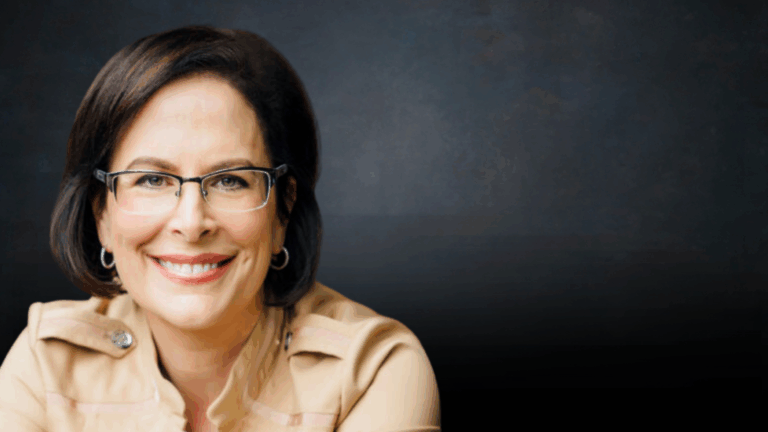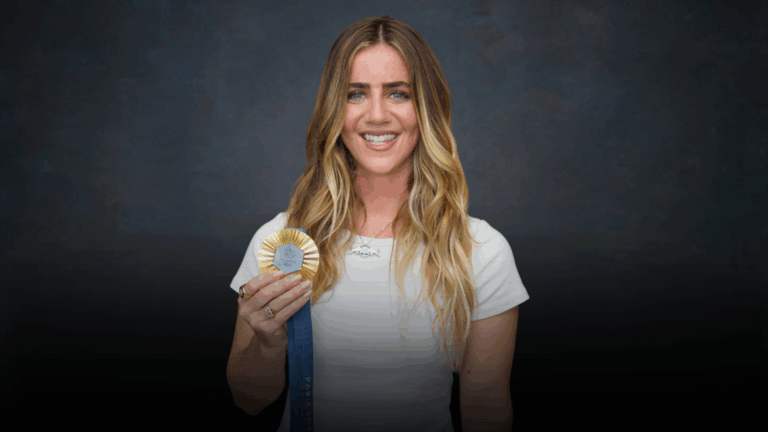This week’s conversation is with Brett Campbell, a serial entrepreneur.
He’s currently the CEO of Harvey Partners, focused on assisting new innovative businesses move from startup to business ready.
Brett knew he wanted to run his own business from an early age and this conversation sheds light on his experiences along the way: from learning the ropes working for his uncle, going out on his own, selling his first business, and mentoring others, Brett has seen it all.
Today, Brett has a reached a level of financial security where he need not work another day, but he loves what he does and can’t envision himself waking up without heading into the office.
At one point in the conversation I asked Brett what advice he would give someone considering starting their own business.
He said: “I get a lot of people coming to me saying, ‘Hey look I’ve got this really good idea and hey here’s an MVP but would you invest in this? I’ve only got part time because I’m still working. I don’t really want to…’ That’s when I turn away. If you’re not totally invested in this, how can I invest in this?”
What I loved about that is it’s the exact same thing Alex Fiance, managing partner at Kairos said on our new audio series, “The Process.”
Pretty cool. One who’s much further along his journey, another at the beginning yet both seeing things the same way.
If you haven’t had a chance, I hope you’ll check out The Process. We recently released episode 3 and it’s been such a fun learning experience for me.
“If it gets to the point where the process isn’t making me feel icky it’s time for me to go and start another business.”
In This Episode:
- What he currently offers with his firm, Harvey Partners to help early business succeed
- Sharing how they implement a business plan, using FitCode (one his current businesses) as an example
- Structuring his life around 3 pillars: business, personal life, and relationships and whether or not balance is achievable
- Knowing he wanted to run his own business from a very early age
- Getting his first job working for his uncle
- His first experiences leading, managing others, and what he learned having to let people go
- Deciding it was time to go out on his own
- How he went about starting his first business and turning it profitable
- The thing that makes him special in business: mixing the business side with the technology component and the people
- The future of technology, business, and people for the next 10 years and beyond
- How he turned his consulting business into a product oriented business
- Partnering with Microsoft and the benefits/risks that came from it
- What makes a successful business: revenue model, good people, great leaders that are aligned
- The advice he would give someone considering starting their own business
- The difference between Australian and US models for successful businesses
- The moment he found financial freedom and how his views on money have changed over the years
- How he makes himself better: his personal development model
- The way he’s been impacted by “tall poppy syndrome”
- The daily routines that are important to him
- What he’s most afraid of
- His thoughts on mastery: why mastery of self comes before mastery of craft
Quotables:
“I knew I wanted to run a business since I was 11 years old.”
On relationships: “I believe red wine and servilletes (napkins) are the best way to start a business plan.”
On starting his first business: “I can remember not paying home loans, not paying tax bills to keep the payroll going.”
On the thing that makes him special in business: “I believe it’s mixing the business side, with the technology platform and understanding the people component of that. I’m a conduit between business, technology, and people.”
On the future of business, technology, and people: “Developers aren’t the key anymore. It’s the people around data scientists, the people actually interpreting the data properly. The developer has become a commodity. It’s going to be what are the pressure points of a business to move [utilize] the [available] technology.”
“Alignment is one word that gets lost. Alignment of your partners against your customers against your internal management team. If everybody’s not aligned on what that message is, the business singing from the same handbook and they need to.”
“Alignment, revenue models, and good people is what a good business is based on.”
“My biggest thing is with all good businesses, get a profit model going.”
On the advice he would give someone considering starting their own business:
“I get a lot of people coming to me saying, ‘Hey look I’ve got this really good idea and hey here’s an MVP but would you invest in this? I’ve only got part time because I’m still working. I don’t really want to…’ That’s when I turn away. If your’e not totally invested in this, how can I invest in this?”
“My philosophy is live each day… Today could be the worst day of your life and tomorrow could be the best or another worse day but every day is different. You can’t reflect on the past too much, just keep pushing forward.”
“I think an entrepreneurial leader has to know all facets of a business.”
References:
- Tally Poppy Syndrome – a perceived tendency to discredit or disparage those who have achieved notable wealth or prominence in public life.



